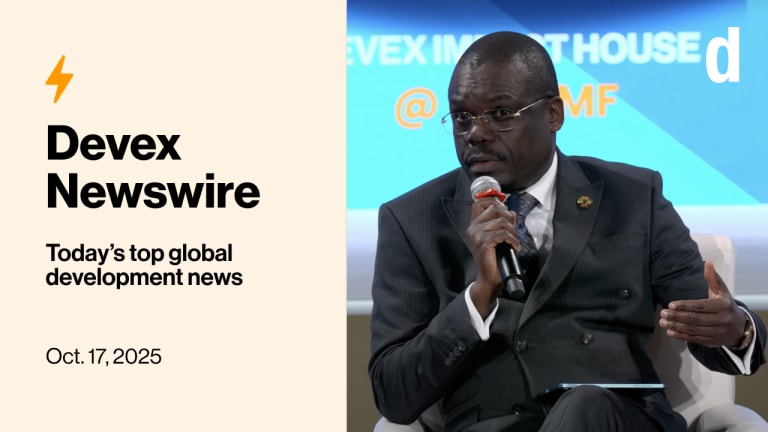
Rampant tax evasion in Africa is costing the resource-rich continent billions of potential revenues, according to the Africa Progress Panel. In its report, the panel cites that Africa recorded an annual average of $38.4 billion in trade mispricing and $25 billion in illicit funds in 2008-2010, which, when combined, exceeded the continent’s development aid and foreign direct investments for the same period. In the Democratic Republic of Congo, for instance, it is reported that the government lost an estimated $1.36 billion from illegal mining deals and concessions from 2010 to 2012, an amount almost twice the country’s $698 million budget for education and health.
The report has the following recommendations on transparency and accountability for African governments and the international community:
Improve governance and strengthen national capacity among African governments in managing extractive industries.
Position transparency and accountability at the center of African natural resource policies and securing a fair share of natural resource revenue for African citizens.
Build on the Dodd-Frank Act, the most sweeping U.S. federal law since the Great Depression that aims to enforce more transparency in the U.S. financial industry, and comparable EU legislation in order to develop a global standard for transparency and disclosure and an effective multilateral response to tax evasion.
Urge global business to follow best practices in transparency and raise the standards of corporate accountability and responsibility.
Urge civil society to build capacity and continue holding governments and companies accountable.
Ahead of the G-8 Summit on June 17-18, 2013, U.K. Prime Minister David Cameron endorsed tax transparency agreements to all U.K. overseas territories, including supposed tax havens such as Bermuda, Jersey and the British Virgin Islands.
Cameron’s pronouncement came after former U.N. Secretary-General Kofi Annan, who chaired the African Progress Panel, requested that the U.K. prime minister use the upcoming high-level meeting as a strategic venue to address the huge outflows of ill-gotten funds from Africa.
“Tax avoidance and evasion are global issues that affect us all. The impact for G-8 governments is a loss of revenue. But in Africa, it has direct impact on the lives of mothers and children,” Annan said.
Join the Devex community and access more in-depth analysis, breaking news and business advice — and a host of other services — on international development, humanitarian aid and global health.






